When you're used to one operating system, it can be easy to look at other operating systems almost as if they were apps. If you use one OS on your desktop, you might think of another OS as the app that people use to run servers, and another OS as the app that plays games, and so on. We sometimes forget that an operating system is the part of a computer that manages a countless number of tasks (millions per second, technically), and they're usually designed to be capable of a diverse set of tasks. When people ask me what Linux does, I usually ask what they want it to do. There's no single answer, so here are five surprising things I do with Linux.
1. Laser cutting with Linux

(MSRaynsford, CC BY-NC 4.0)
At my nearest makerspace, there's a big industrial machine, about the size of a sofa, that slices through all kinds of materials according to a simple line-drawing design file. It's a powerful laser cutter, and I the first time I used it I was surprised to find that it just connected to my Linux laptop with a USB cable. In fact, in many ways, it was easier to connect to this laser cutter than it is to connect with many desktop printers, many of which require over-complicated and bloated drivers.
Using Inkscape and a simple plugin, you can design cut lines for industrial laser cutters. Design a case for your Raspberry Pi laptop, use these Creative Commons design plans to build a cryptex lockbox, cut out a sign for your shopfront, or whatever it is you have in mind. And do it using an entirely open source stack.
2. Gaming on Linux

The Lutris desktop client
Open source has always had games, and there have been some high profile Linux games in the recent past. The first gaming PC I built was a Linux PC, and I don't think any of the people I had over for friendly couch co-op games realized they were using Linux by playing. And that's a good thing. It's a smooth and seamless experience, and the sky's the limit, depending on how much you want to spend on hardware.
What's more is that it's not just the games that have been coming to Linux, but the platform too. Valve's recent Steam Deck is a popular handheld gaming console that runs Linux. Better still, many open source software titles have been publishing releases on Steam, including Blender and Krita, as ways to encourage wider adoption.
3. Office work on Linux
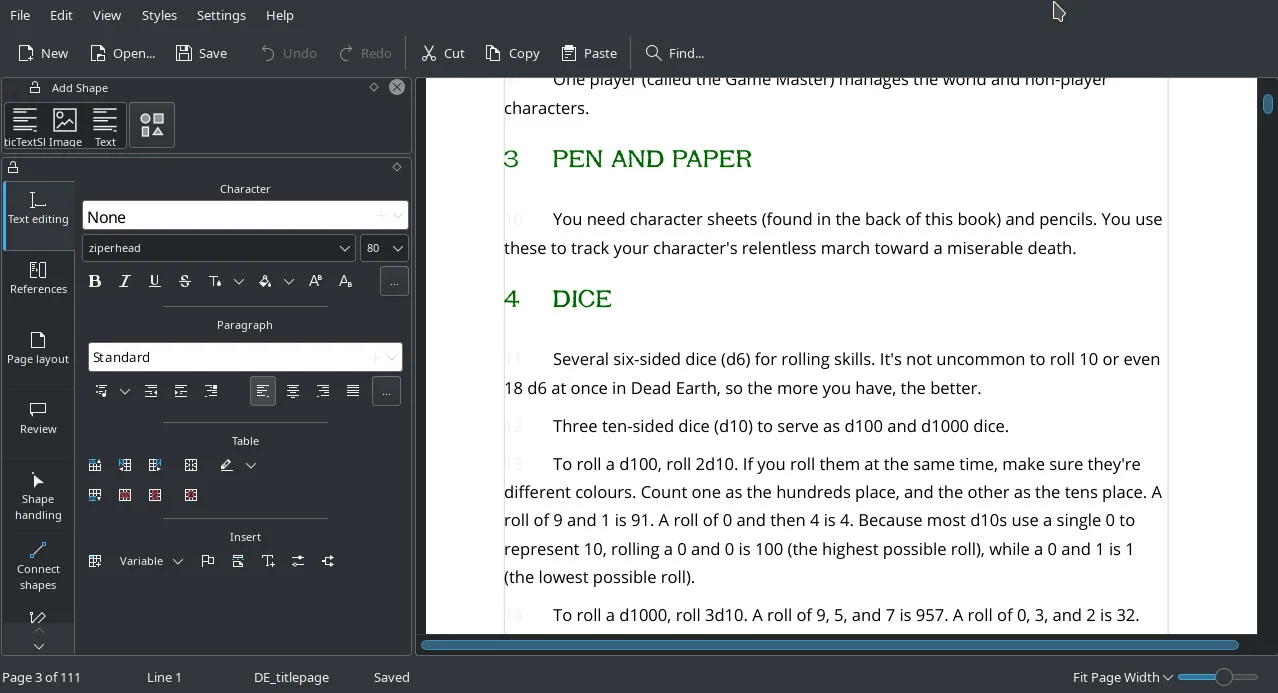
Linux, like life, isn't always necessarily exciting. Sometimes, you need a computer to do ordinary things, like when you pay bills, make a budget, or write a paper for school or a report for work. Regardless of the task, Linux is also normal, everyday desktop computer. You can use Linux for the mundane, the everyday, the "usual".
You're not limited to just the big name applications, either. I do my fair share of work in the excellent LibreOffice suite, but on my oldest computer I use the simpler Abiword instead. Sometimes, I like to explore Calligra, the KDE office suite, and when there's precision design work to be done (including specialized procedural design work), I use Scribus.
The greatest thing about using Linux for everyday tasks is that ultimately nobody knows what you used to get to the end product. Your tool chain and your workflow is yours, and the results are as good or better than what locked-down, non-open software produces. I have found that using Linux for the everyday tasks makes those tasks more fun for me, because open source software inherently permits me to develop my own path to my desired outcome. I try to create solutions that help me get work done efficiently, or that help me automate important tasks, but I also just enjoy the flexibility of the system. I don't want to adapt for my tool chain, I want to adapt my tools so that they work for me.
4. Music production on Linux

I'm a hobbyist musician, and before I started doing all of my production on computers I owned several synthesizers and sequencers and multi-track recorders. One reason it took me as long as it did to switch to computer music was that it didn't feel modular enough for me. When you're used to wiring physical boxes to one another to route sound through filters and effects and mixers and auxiliary mixers, an all-in-one application looks a little underwhelming.
It's not that an all-in-one app isn't appreciated, by any means. I like being able to open up one application, like LMMS, that happens to have everything I want. However, in practice it seems that no music application I tried on a computer actually had everything I needed.
When I switched to Linux, I discovered a landscape built with modularity as one of its founding principles. I found applications that were just sequencers, applications that were just synthesizers, mixers, recorders, patch bays, and so on. I could build my own studio on my computer just as I'd built my own studio in real life. Audio production has developed in leaps and bounds on Linux, and today there are open source applications that can act as a unified control center while retaining the extensibility to pull in sounds from elsewhere on the system. For a patchwork producer like me, it's a dream studio.
5. Retro computing on Linux
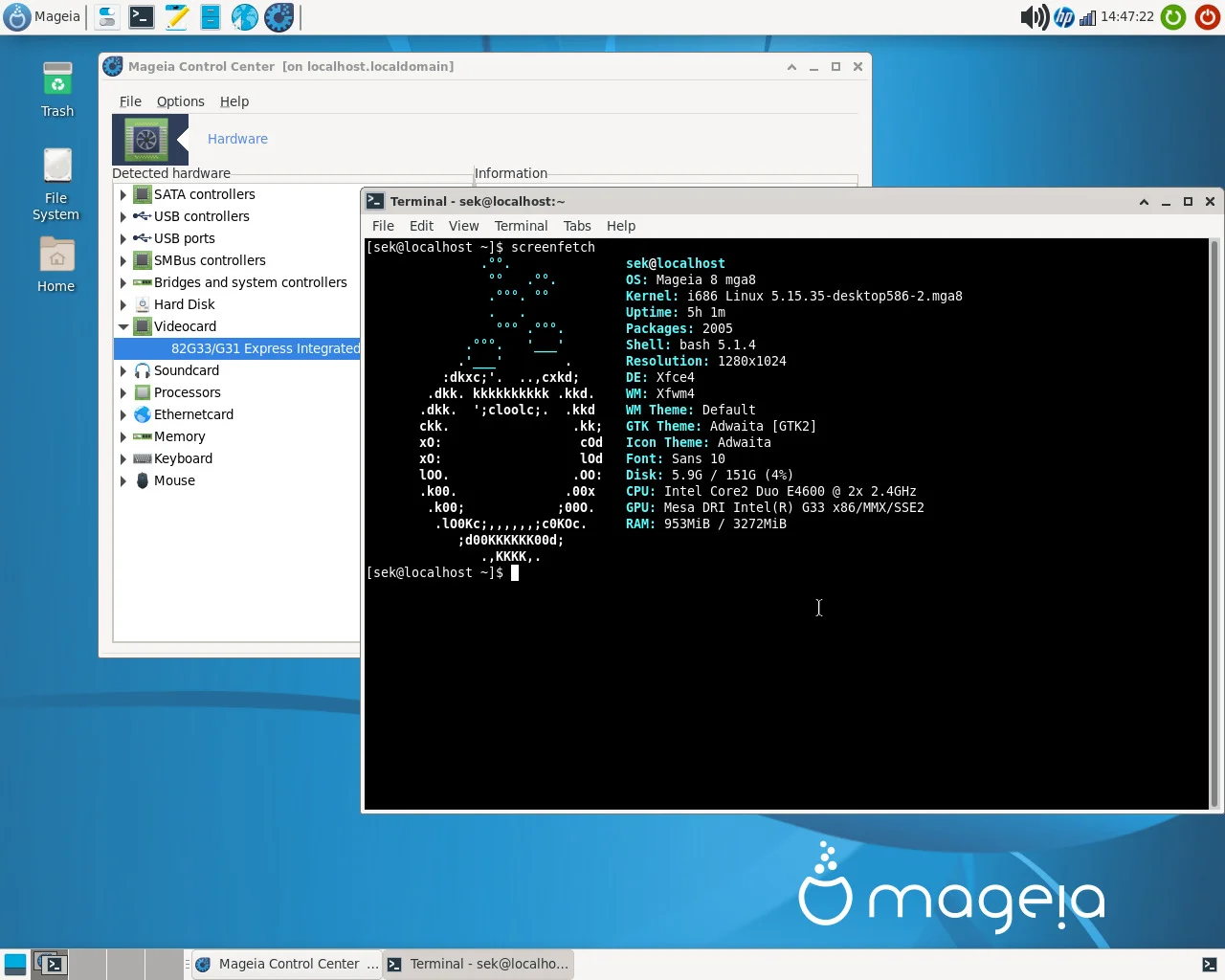
I don't like throwing away old computers, because very rarely do old computers actually die. Usually, an old computer is "outgrown" by the rest of the world. Operating systems get too bloated for an old computer to handle, so you stop getting OS and security updates, applications start to demand resources your old computer just doesn't have, and so on.
I tend to adopt old computers, putting them to work as either lab machines or home servers. Lately, I find that adding an SSD drive to serve as the root partition, and using XFCE or a similar lightweight desktop, makes even a computer from the previous decade a pleasantly usable machine for a lot more work than you might expect. Graphic design, web design, programming, stop-motion animation, and much more, are trivial tasks on low spec machines, to say nothing of simple office work. With Linux driving a machine, it's a wonder businesses ever upgrade.
Everybody has their favorite "rescue" distribution. Mine are Slackware and Mageia, both of which still release 32-bit installer images. Mageia is RPM-based, too, so you can use modern packaging tools like dnf and rpmbuild.
Bonus: Linux servers
OK, I admit Linux on servers isn't at all surprising. In fact, to people who know of Linux but don't use Linux themselves, a data center is usually the first thing that pops into their heads when "Linux" is mentioned. The problem with that assumption is that it can make it seem obvious that Linux ought to be great on the server, as if Linux doesn't even have to try. It's a flattering sentiment, but the fact is that Linux is great on servers because there's a monumental effort across global development teams to make Linux especially effective at what it does.
It isn't by chance that Linux is the robust operating system that powers most of the internet, most of the cloud, nearly all the supercomputers in existence, and more. Linux isn't stagnate, and while it has a rich history behind it, it's not so steeped in tradition that it fails to progress. New technologies are being developed all the time, and Linux is a part of that progress. Modern Linux adapts to growing demands from a changing world to make it possible for systems administrators to provide networked services to people all over the world.
It's not everything Linux can do, but it's no small feat, either.
[ Red Hat Enterprise Linux turns 20 this year: How enterprise Linux has evolved from server closet to cloud ]
Linux isn't that surprising
I remember the first time I met someone who'd grown up using Linux. It never seemed to happen for most of the time I've been a Linux user, but lately it's relatively common. I think the most surprising encounter was with a young woman, toddler in tow, who saw whatever geeky t-shirt I was wearing at the time and casually mentioned that she also used Linux, because she'd grown up with it. It actually made me a little jealous, but then I remembered that Unix on a desktop computer simply didn't exist when I was growing up. Still, it's fun to think about how casual Linux has become over the past few decades. It's even more fun to be a part of it.

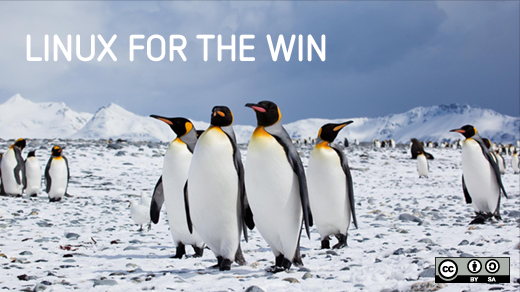
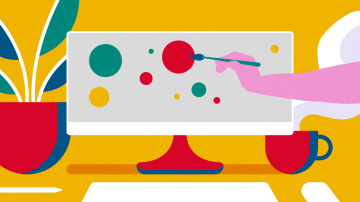





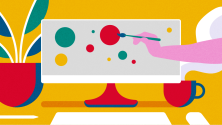

2 Comments